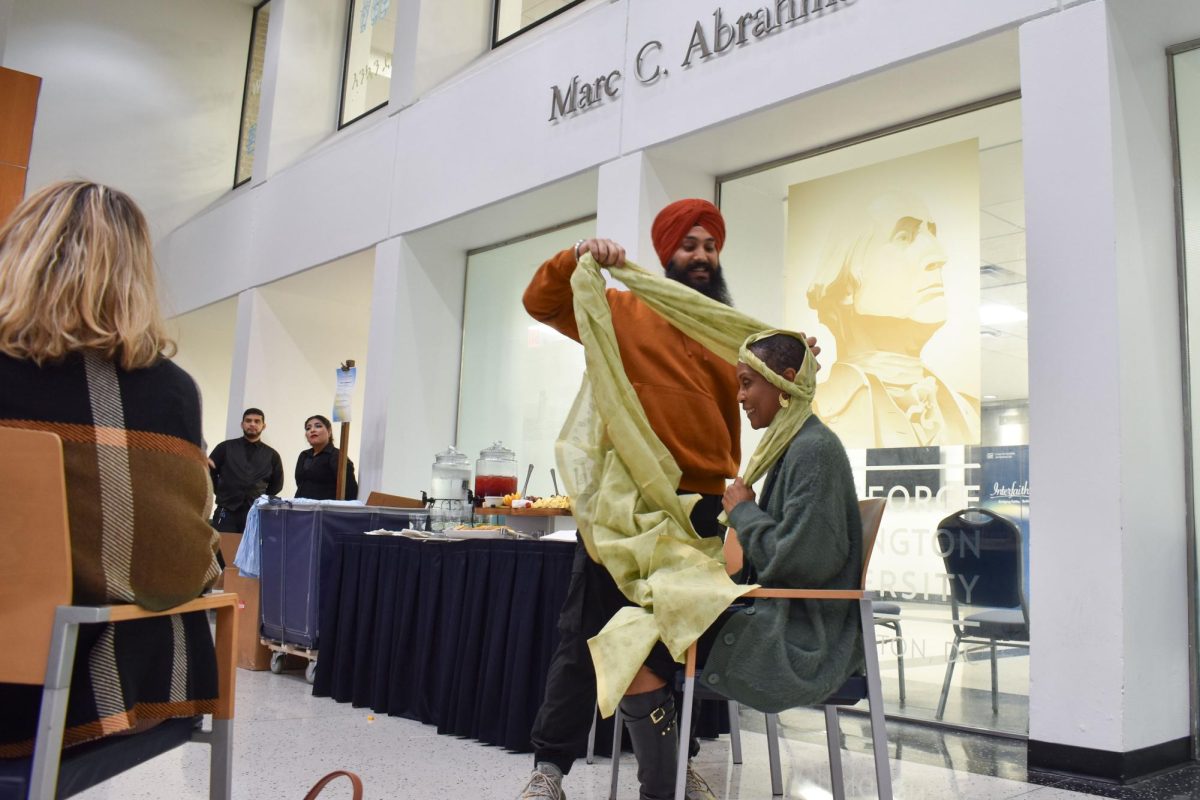GW professors with radical ideas who have been following the pending firing of a Florida professor can breathe a sigh of relief. University President Stephen Joel Trachtenberg said he disagrees with the way the University of South Florida is treating a tenured professor who has brought international attention to campus for saying “death to Israel” publicly.
Computer engineering professor Sami Al-Arian made the remark in a speech more than a decade ago. But when Bill O’Reilly repeated the statement in a recent interview with him on his Fox news show, it threw the South Florida campus into a frenzy of security concerns and backlash. Al-Arian received at least one death threat, causing a floor in the engineering school to shut down one day. The board of trustees voted 11-1 to revoke his tenure because the university is unable to function normally, according to comments in The Chronicle of Higher Education.
Trachtenberg said universities have the right to fire tenured professors but that it should be a last resort.
“It seems to me that dismissing someone ought to be the last thing to do,” he said. “If you’re worried about security, you give the guy a semester off with pay.”
While Trachtenberg said universities should keep an eye on what professors say publicly when they speak outside the field they are tenured in, he said in reference to South Florida, “This sounds a little over-excited.”
“I would have thought that things you say outside of the classroom would be protected by the First Amendment,” he said.
The issue brings to light professors at GW who regularly accept speaking engagements outside class. When professors voice their opinions, they are not speaking for the University even if they are identified as GW professors, Trachtenberg said.
Trachtenberg said professors often share opinions that run contrary to what he believes but he does not attempt to quiet them.
“If you don’t like what one of our faculty members says, I’ve got 14,999 more and I’m sure you can find someone saying something you like,” Trachtenberg said. “I get faculty here who say things that I absolutely abhor.”
Trachtenberg offers the example of Law School professor Paul Butler, who often makes TV appearances advocating jury nullification, in which juries vote their conscience over rule of law.
“I think that’s the craziest thing I’ve ever heard,” Trachtenberg said, “but I write back to people all the time defending him. We do not have a position on jury nullification. We do have a position of academic freedom and free speech.”






